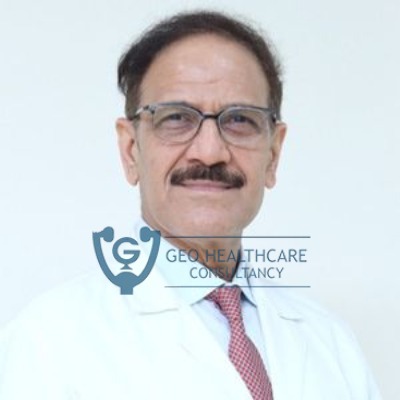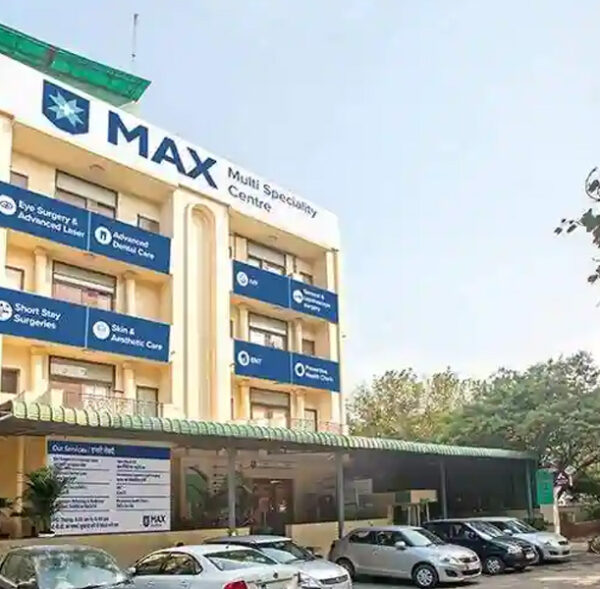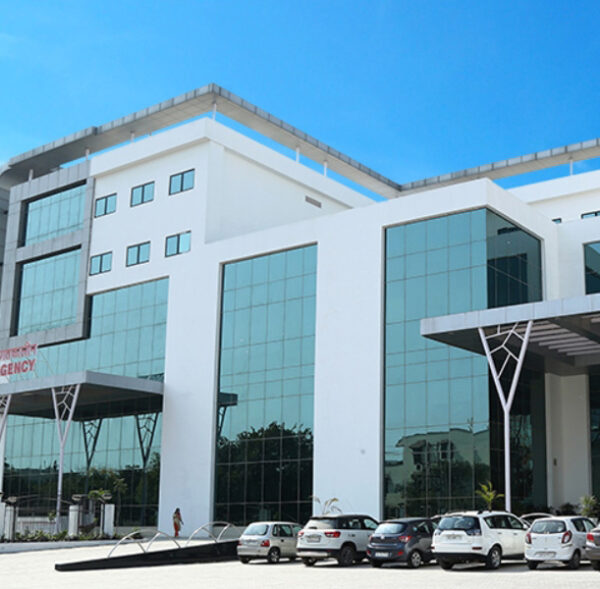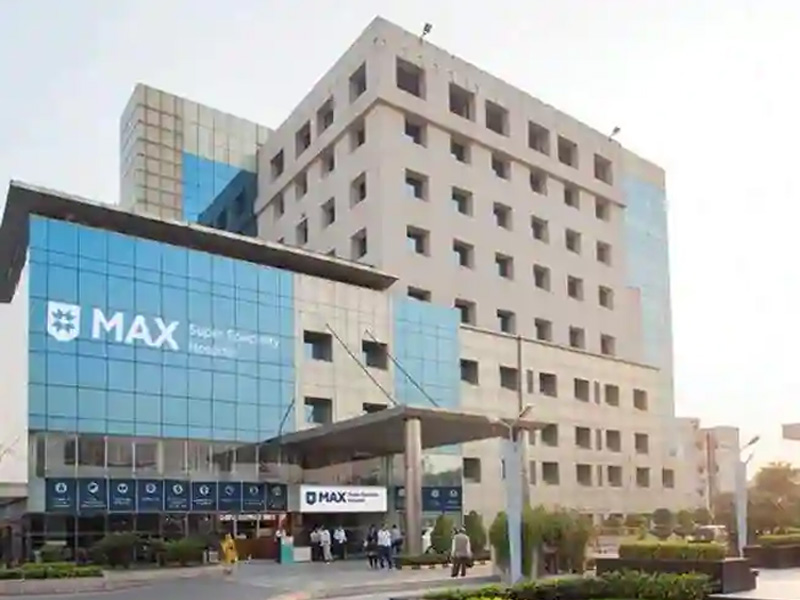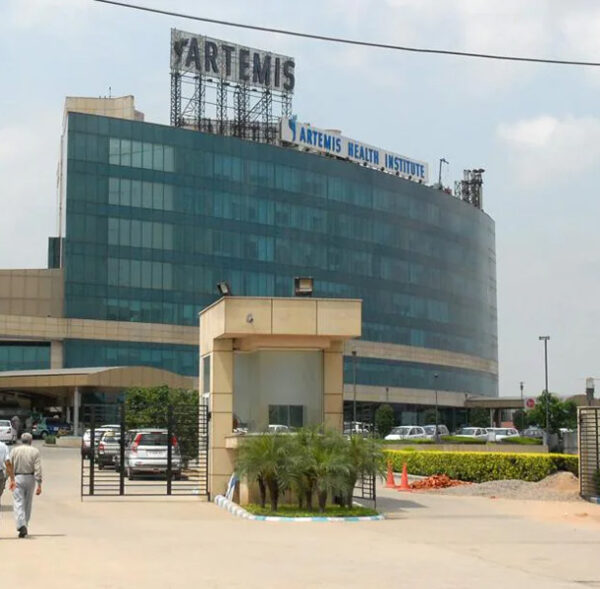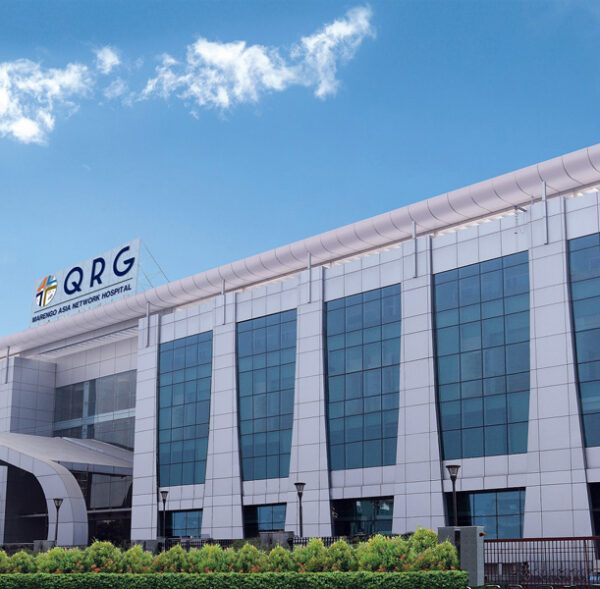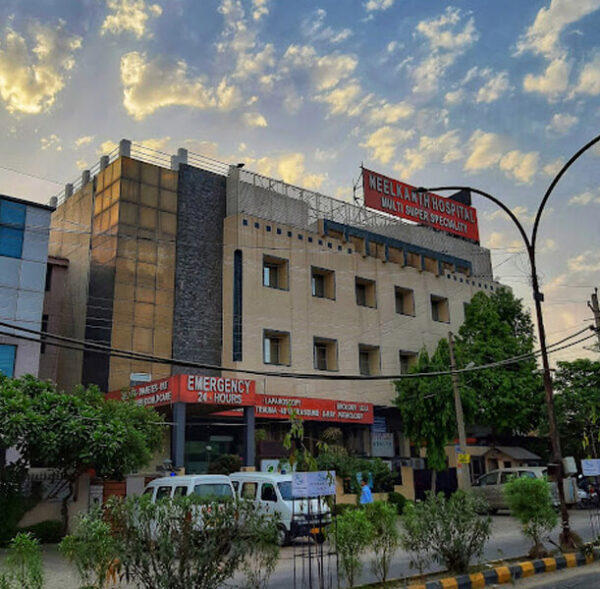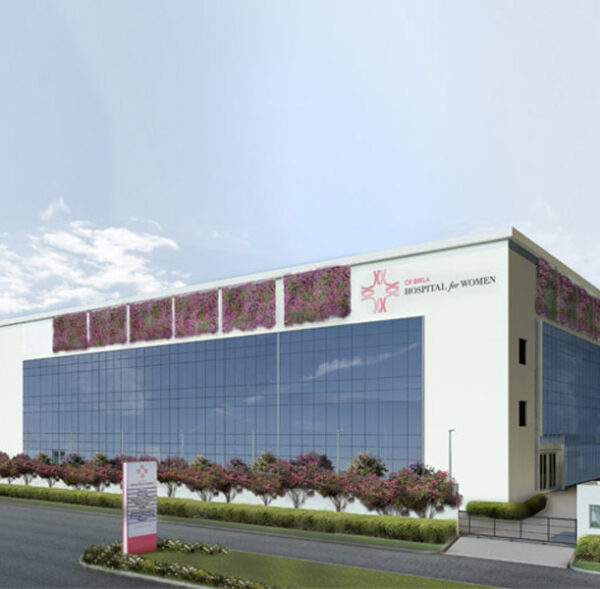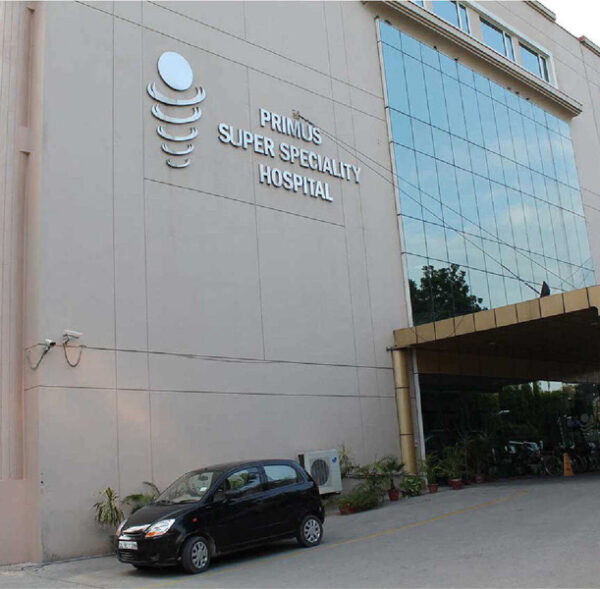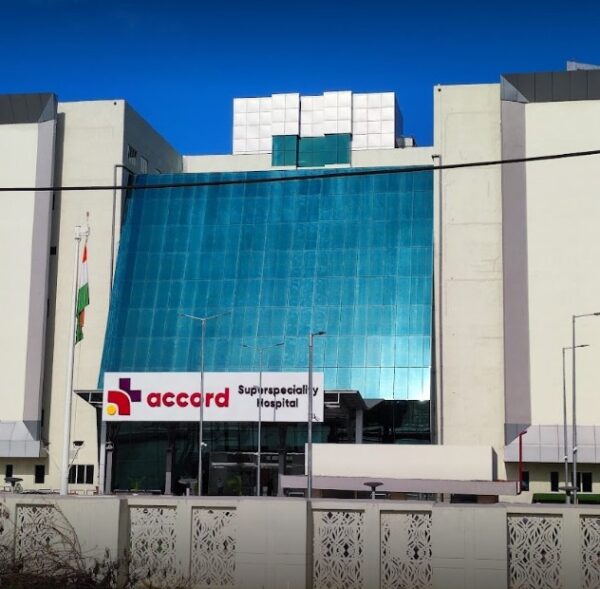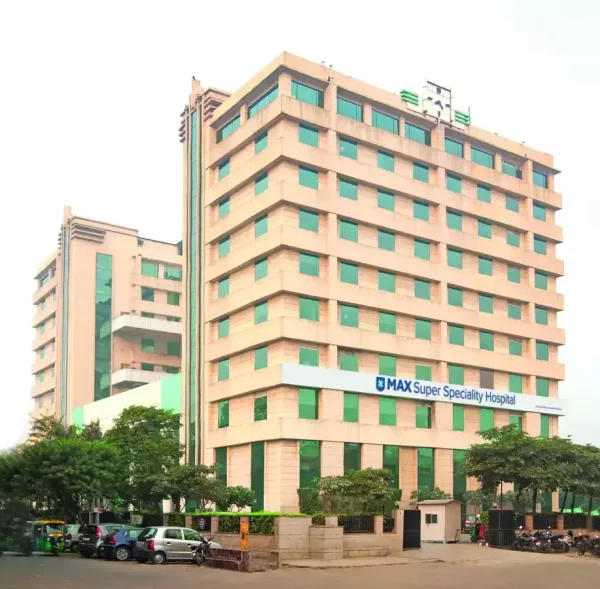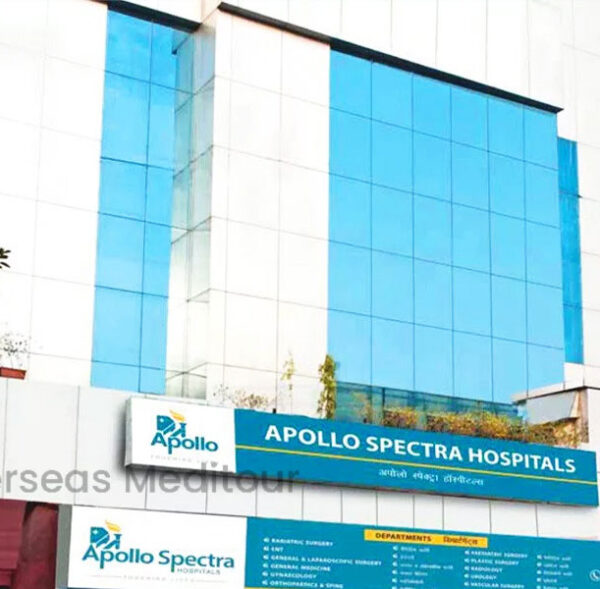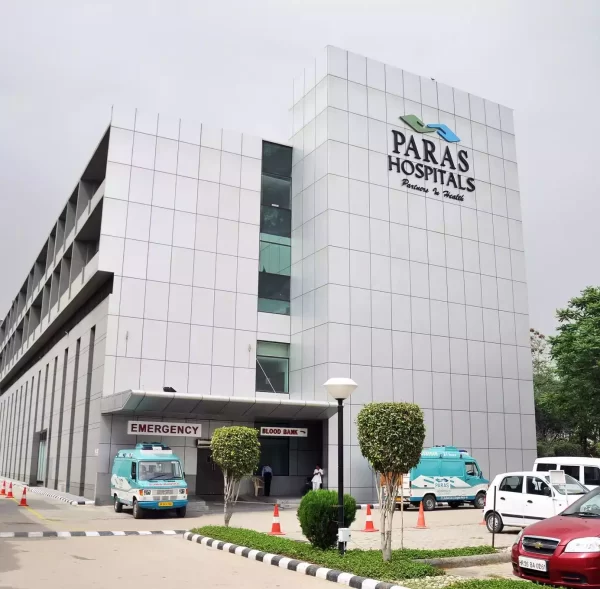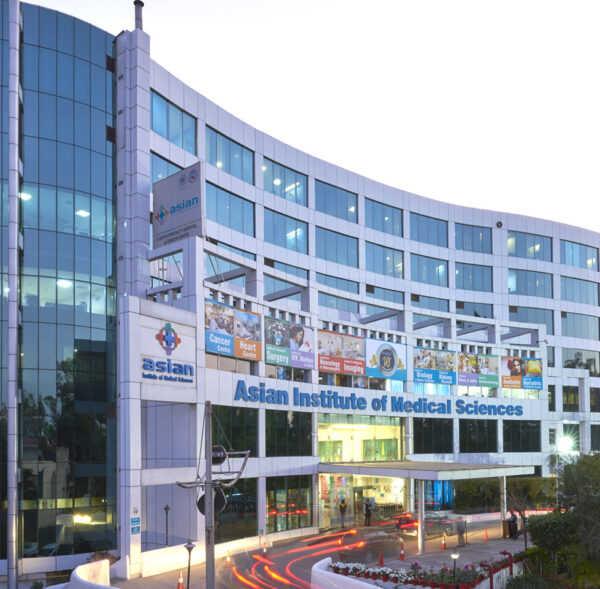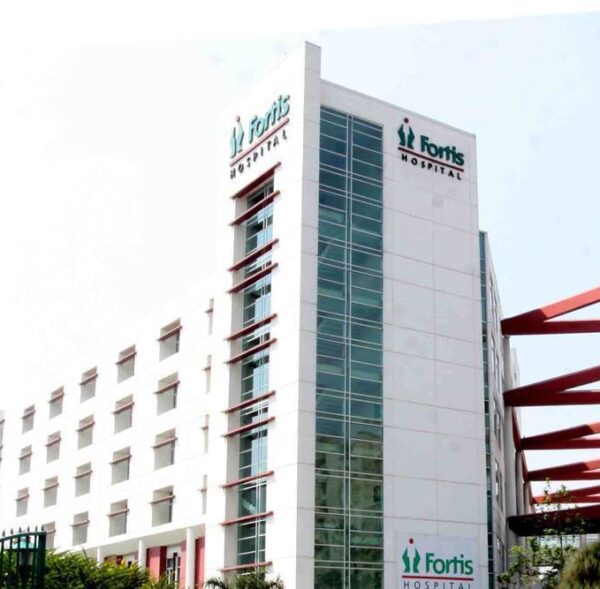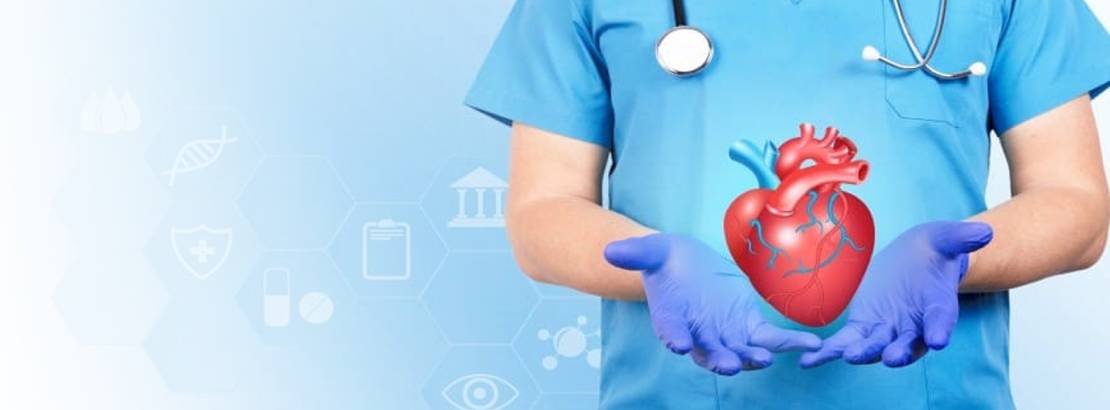
Cardiology: Understanding Heart Care and When to See a Specialist
Introduction to Cardiology
Cardiology is the branch of medicine that focuses on diagnosing and treating diseases of the heart and blood vessels. Our hearts work tirelessly every day, and maintaining cardiovascular health is crucial for a long, healthy life. Whether you're dealing with high blood pressure, chest pain, or simply want to ensure your heart is in top condition, Geo Healthcare is here to connect you with expert cardiologists in India’s leading hospitals for comprehensive care.
Why You Need a Cardiologist
Heart disease is one of the leading causes of death worldwide, but the good news is that many heart conditions are preventable or manageable with the right care. You may need to see a cardiologist if:




